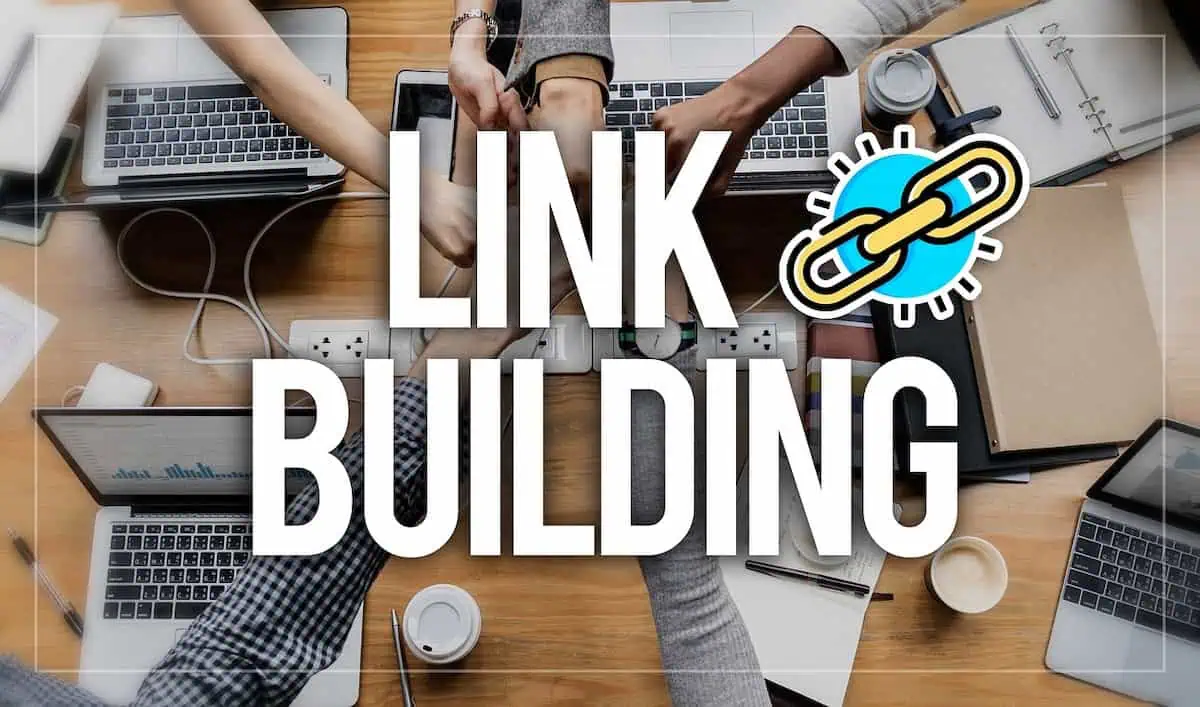Link building remains a cornerstone of effective SEO strategies, but its landscape has evolved. Today, it is less about the sheer volume of links and more about the quality and relevance of those connections.
To navigate this complex terrain, one must cultivate robust relationships with publishers. This approach not only enhances your link building efforts but also contributes to a sustainable SEO practice.
Understanding the Importance of Publisher Relationships
Building relationships with publishers is akin to networking in any professional setting—it’s about mutual benefit and trust. Publishers are constantly on the lookout for content that adds value to their audience, while marketers seek platforms that enhance their visibility and credibility.
By understanding the needs and goals of publishers, you can position your offerings to align with their content strategies, fostering a cooperative rather than transactional relationship.
Identifying the Right Publishers
The first step in building a meaningful relationship is identifying the right publishers. This doesn’t necessarily mean targeting the biggest names in the industry; rather, it involves finding those whose audiences overlap significantly with your target demographic.
Tools such as audience demographic analyzers and content relevance metrics can be instrumental in pinpointing these publishers. Remember, a smaller publisher with a highly engaged niche audience can often offer more value than a larger but less relevant platform.
Engaging with Personalization and Professionalism
Once you’ve identified potential publishers, the outreach process begins. This step is crucial and should be approached with a mix of personalization and professionalism. Avoid generic messages; instead, tailor your communications to demonstrate that you’ve done your homework.
Mention specific articles or topics they’ve covered that resonate with your brand. This not only shows your genuine interest but also highlights your attentiveness to their work, setting a foundation for a respectful professional relationship.
Offering Value Beyond Links
To cultivate a lasting relationship, you must offer value beyond a mere backlink. Consider what you can provide to make their job easier—perhaps original research, unique graphics, or expert insights that can elevate their content.
Additionally, promoting their content through your channels, engaging with their posts on social media, or offering exclusive content can make the relationship more reciprocal. These actions help build a rapport and show that you’re invested in their success as much as your own.
Maintaining the Relationship
The relationship with a publisher doesn’t end after securing a link. Continuous engagement is key to building a long-term partnership. Regular check-ins, updates on relevant industry trends, and even simple acknowledgments of their recent work can keep the relationship warm.
Moreover, providing feedback on the performance of linked content can offer valuable insights for both parties, reinforcing the utility and success of the partnership.
Navigating Challenges and Setbacks
Even with the best intentions and strategies, building relationships with publishers can present challenges. Common obstacles include non-responsive contacts, mismatched expectations, or editorial changes that affect publishing timelines.
It’s important to approach these setbacks with professionalism and resilience. Maintain open lines of communication and be willing to adapt your strategies or expectations as needed.
Patience and persistence often pay off, and demonstrating flexibility can strengthen trust with your publishing partners, showing them that you are reliable and adaptable in the face of change.
Leveraging Technology to Enhance Relationships
In today’s digital age, leveraging technology can significantly enhance your relationship-building efforts. Utilizing CRM tools to track interactions, notes, and follow-ups with each publisher ensures that no detail is overlooked.
Additionally, tools that monitor the performance of published content can provide valuable data to share with your partners, proving the effectiveness of your collaborations.
This data-driven approach not only streamlines the management of relationships but also highlights your commitment to mutual success, making your proposals more compelling.
Celebrating Successes Together
When your collaborative efforts lead to successful outcomes, such as increased traffic or higher engagement rates, it’s important to celebrate these successes together. Acknowledging both parties’ contributions can reinforce a positive partnership dynamic.
Sharing success stories through case studies or social media shout-outs not only gives well-deserved recognition but also encourages continued collaboration.
Celebrating these wins fosters a sense of shared accomplishment and deepens the bonds between you and your publishing partners, setting the stage for future projects and furthering your mutual goals.
Final Thoughts
In the evolving world of SEO, successful link building is deeply intertwined with the strength of relationships you build with publishers. By focusing on mutual benefits, instead of focusing on “how many backlinks do I need,” respecting their goals, and consistently delivering value, you can develop partnerships that stand the test of time.
These connections not only boost your SEO efforts but also enrich your brand’s network, opening doors to further collaborative opportunities and strengthening your position in the industry. This relationship-first approach to link building not only elevates your strategies but also aligns them with the future of digital marketing.
Article and permission to publish here provided by Zaryab Safdar. Originally written for Supply Chain Game Changer and published on May 27, 2024.
Cover image by Diggity Marketing from Pixabay.

